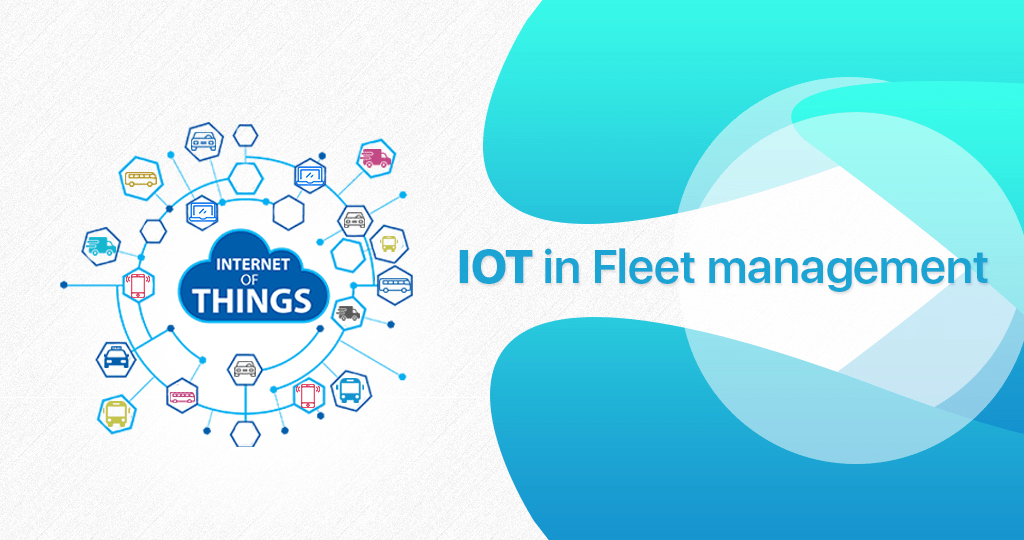IoT in Fleet Management: Revolutionizing the Way We Move

Introduction
In our fast-paced world, efficient fleet management is pivotal for businesses relying on transportation. Integrating Internet of Things (IoT) technology has been a game-changer, optimizing operations, cutting costs, and boosting productivity. This article delves into IoT in fleet management, exploring its transformational impact on transportation.

Understanding IoT in Fleet Management
Before we delve into the details, it’s essential to grasp the fundamentals of the Internet of Things in fleet management.
What Is IoT?
IoT, or the Internet of Things, involves interconnected devices and objects exchanging data through sensors and software. These devices function autonomously.
The Significance of Fleet Management
Fleet management oversees a company’s vehicles, including trucks, cars, and other transportation assets. It plays a pivotal role in logistics and transportation by ensuring vehicle maintenance, optimizing routes, and guaranteeing timely deliveries.
The Role of IoT in Fleet Management
Now, let’s explore how IoT is revolutionizing fleet management.
Real-time Tracking and Monitoring
IoT technology offers real-time vehicle tracking through GPS-enabled sensors. This enhances security and optimizes routes, reducing the risk of theft.
Predictive Maintenance
One of the most significant advantages of IoT in fleet management is predictive maintenance. Sensors installed in vehicles monitor engine performance and critical components. By analyzing this data, fleet managers can proactively schedule maintenance, reducing downtime and repair costs.
Fuel Efficiency
IoT technology optimizes fuel consumption by analyzing driver behavior and vehicle performance. This data can be used to train drivers to adopt more fuel-efficient habits and select routes minimizing fuel consumption, ultimately leading to substantial cost savings.
Enhanced Driver Safety
IoT devices can monitor driver behavior, including speed, braking, and adherence to traffic rules. Fleet managers can use data to identify and correct risky driving behaviors, improving road safety for all.
Improved Customer Service
Real-time tracking and data analytics enable companies to provide customers with accurate delivery ETAs and updates. This transparency builds trust and enhances customer satisfaction.
Overcoming Challenges in IoT Implementation
While IoT offers numerous benefits, there are challenges in its implementation.
Data Security
Collecting and transmitting sensitive data can be a security risk. Fleet managers must invest in robust cybersecurity measures to protect against data breaches.
Initial Investment
The installation of IoT devices requires an initial investment. However, the long-term benefits of cost savings and efficiency make this a worthwhile endeavor.
Conclusion
In conclusion, IoT in fleet management is reshaping the transportation industry. It offers real-time tracking, predictive maintenance, fuel efficiency, improved safety, and enhanced customer service. While challenges like data security and initial investments exist, the long-term advantages make IoT adoption a wise choice for businesses looking to stay competitive in the modern world.
Rate our Post (IoT in Fleet Management: Revolutionizing the Way We Move)How much do you like our Article








